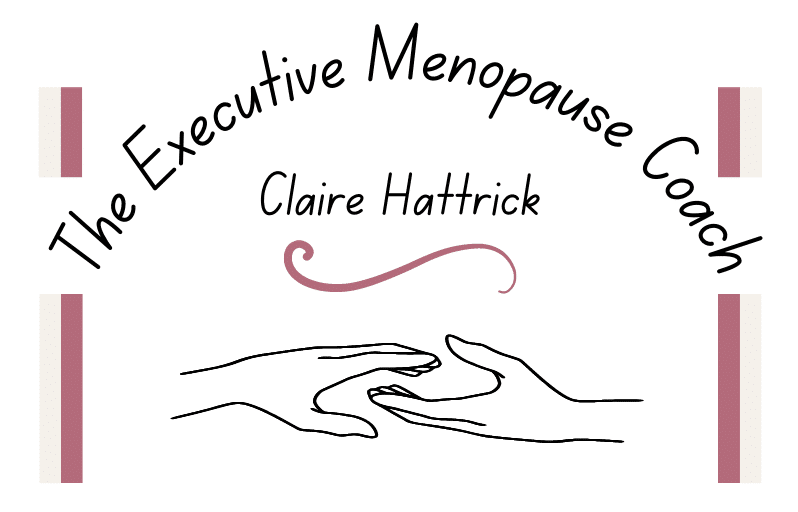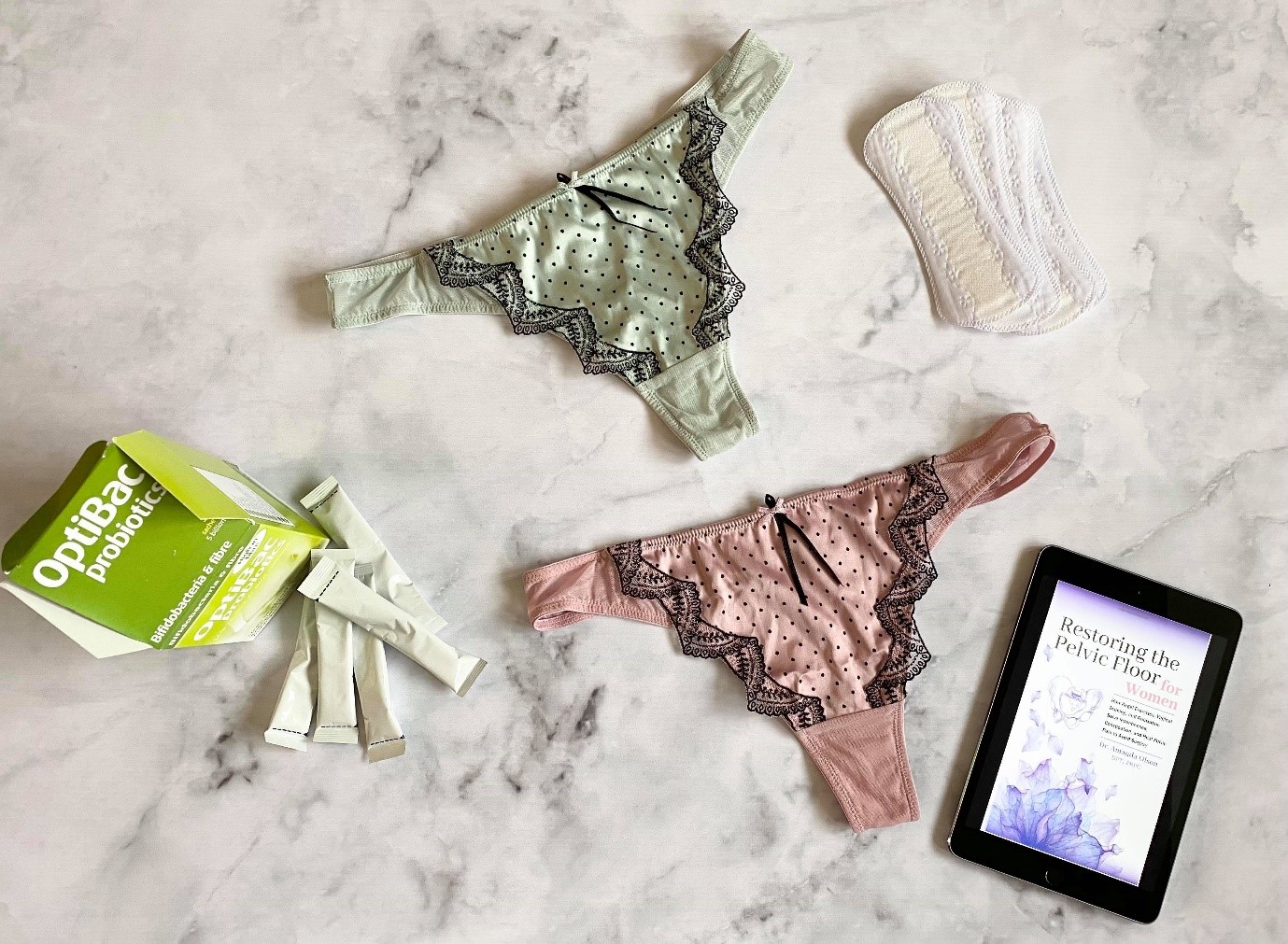Menopause and urinary incontinence affects lots more women than I ever imagined and the more I researched this topic the bigger the problem grew. Especially at the time of the Menopause, when women seem to suffer more than ever (even after childbirth), but worse still is that there are things you can do to stop or prevent urinary/stress incontinence and many women will not seek help for it, often because of embarrassment.
Some women find that even when they laugh or sneeze, they might leak a small amount of urine, exercise or lifting heavy objects can cause leakage too. It can be a very minor loss of control but as we go into older age these symptoms can become worse. For some women you suddenly experience a sudden urge to go to the toilet and not be able to hold on until you get there.
Please be aware that this blog post contains affiliate links and any purchases made through such links will result in a small commission for me (at no extra cost to you).
What causes Menopause and Urinary Incontinence?
During the Menopause when the Oestrogen levels are falling, you may notice that stress/urinary incontinence starts. This is down to the lack of Oestrogen causing your pelvic muscles to become weaker. You may no longer be able to control your bladder like you did before, and as you go through the Menopause the symptoms may become worse. There are different types that are associated with menopause, they include:
Stress Incontinence:
- This is the most common bladder control problem in older women. Weak muscles cannot hold the urine in when you cough, sneeze, laugh or exercise. This results in a small amount of leakage or can cause complete lack of control. This type of incontinence is usually caused by physical changes to the body, pregnancy, childbirth or menopause.
Natures best have some great products for incontinence, click here to view their great deals and offers!
Urge Incontinence:
- This is when your bladder does not empty completely and can leave you with a constant urine flow or dribbling. Under activity of the bladder muscle can cause a weak urinary system and leave you with an increase in urinary hesitancy and needing to go to the toilet a lot at night (nocturia). I have been recommended this book for anyone suffering with bladder issues!

Other Issues that can cause bladder problems:
- Being Overweight – This can increase your risk of urinary incontinence because of the extra weight on your bladder.
- Medicines – These can have side effects attached to them which cause bladder issues if they have steroids or diuretics in them.
- Constipation – Long term straining with constipation can also cause your pelvic area to weaken.
- Infection – If you have a bladder infection or urinary tract infection, you may have temporary urinary issues, but these should improve when the infection has gone.
- Caffeine – This can make your bladder fill quicker, causing you to need the toilet more often.
Optibac have some great products for women with urinary incontinence!
Click here to read our blog on Menopausal Brain fog!
What can you do to treat these issues?
Depending on what type of urinary incontinence you have and what is causing it, your GP may suggest some lifestyle changes to help, these may include;
- Losing weight – to take the pressure off your bladder and muscles.
- Pelvic floor exercises – to strengthen your pelvic floor muscles.
This pelvic toner from Amazon is a great tool for helping to strengthen your pelvic muscles!
- Coffee – stop drinking as much or cut it out altogether to see if this helps.
- Nerve Stimulation – your pelvic muscles are electrically stimulated to help you regain control of your bladder.
- Medication – There are numerous medications that can help reduce symptoms, some calm the bladder if overactive, some increase the amount of urine your bladder can hold, and some Oestrogen products can help to tone your vaginal area.
- Surgery – this can lift your bladder into a better position and repair any damage to it.
Lots of Urinary/Stress Incontinence issues are temporary and will improve in time but some are more permanent. Always go and see your GP and do not be put off by the embarrassment, they can talk you through your options and plan. Millions of women suffer with these issues every day, and there are lots of different ways that this can be treated.
This book from amazon has some amazing reviews “The Pelvic Floor Bible” by Jane Simpson!
Be sure to check out our other Menopause blogs by clicking on the link:
https://www.theexecutivemenopausecoach.com/category/the-menopause-lounge/
*DISCLAIMER*This page does not provide medical advice; it is intended for informational purposes only and is based upon my opinion and experiences. It is not a substitute for professional medical advice, diagnosis or treatment. Never ignore professional medical advice in seeking treatment because of something you have read on The Executive Menopause Coach website. Always seek professional medical advice.




[…] Bladder Issues – Can be linked to menopause, and the inability to control your bladder. Often urinary leakage can happen when doing any physical activity during the menopause as it adds stress to the bladder. […]